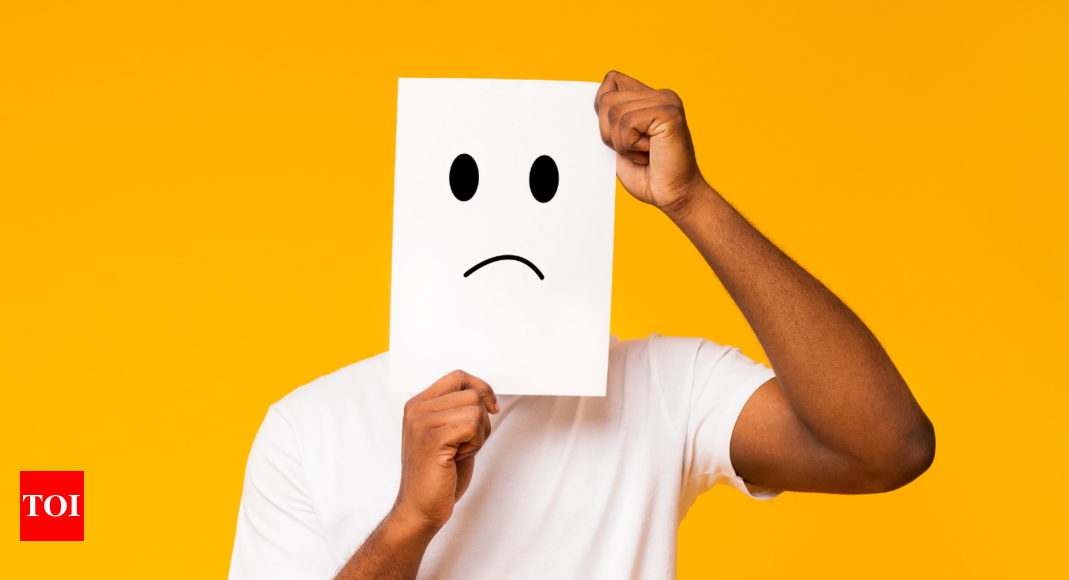We all experience sadness and many of us also experience depression. While everyone experiences sadness, depression is also very common. However, the former is more about emotions while the latter is more about mental health conditions. It is important to distinguish between the two so that depression is not overlooked, and that people can also find ways to manage and cope with both sadness and depression in a healthy way.
Understand sadness
Sadness is a normal human emotion that each person will experience many times in their life. There may be many events in your life that make you feel sad – for a few minutes to even a few days. In most cases, sadness is caused by external events such as breakups, failure in exams, loss of loved ones, stress, etc. However, sadness is not a “disorder” that requires intervention. intervention and medical treatment to overcome it, unlike depression.
Heal sadness
Although sadness is uncomfortable and heartbreaking, there are several ways to deal with it. People can get over these feelings or emotions by crying, venting, or talking out frustrations. Sometimes, distracting activities like watching your favorite show or exercising can lift your mood and banish sadness. Sadness usually passes with time. However, if the condition gets worse or lasts more than 2 weeks, the person should consider consulting a doctor as this could be a sign of depression. Don’t worry, as this is just plain information and your doctor will be able to diagnose your condition better and help you heal.
Understanding depression
According to the US NIH, depression is a common but serious mood disorder. “It causes severe symptoms that affect how a person feels, thinks and handles daily activities, such as sleeping, eating or working.” Symptoms of depression include feelings of boredom, sadness, hopelessness, lack of motivation, and loss of interest. in activities that the individual once found interesting.
Heal from depression
If you think you have depression, it is important to consult your doctor for appropriate diagnosis and treatment. Your doctor can help determine the level of treatment needed to control your symptoms. Treatments may include medication, counseling, and psychotherapy. Medications include selective serotonin reuptake inhibitors (SSRIs), a type of antidepressant that increases serotonin levels in the brain, helping to improve mood. Psychotherapy involves talking with a trained professional. A therapist can help identify problem areas and teach coping mechanisms.










